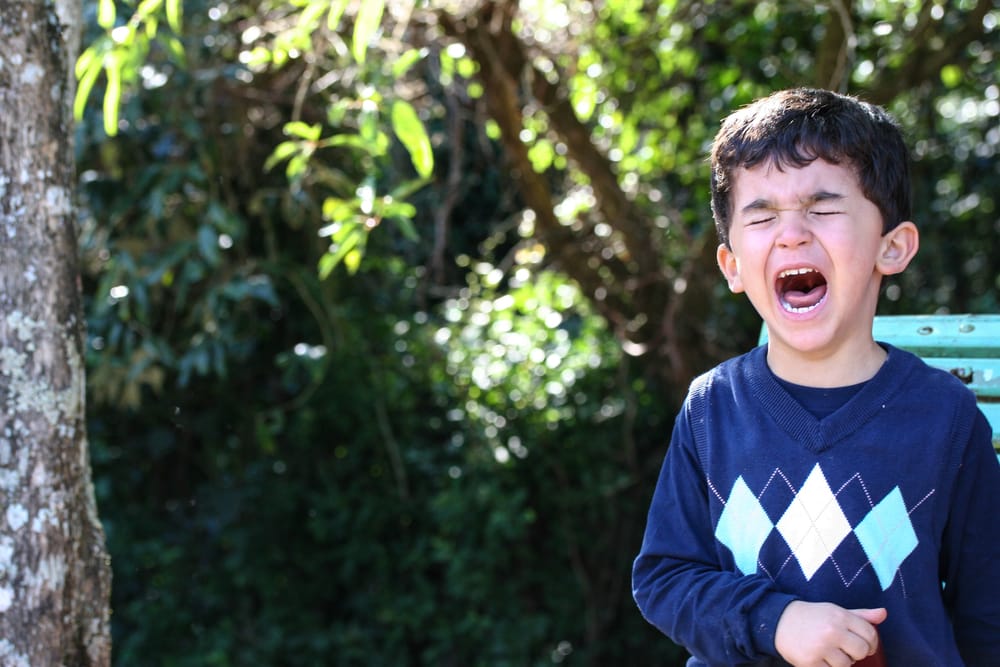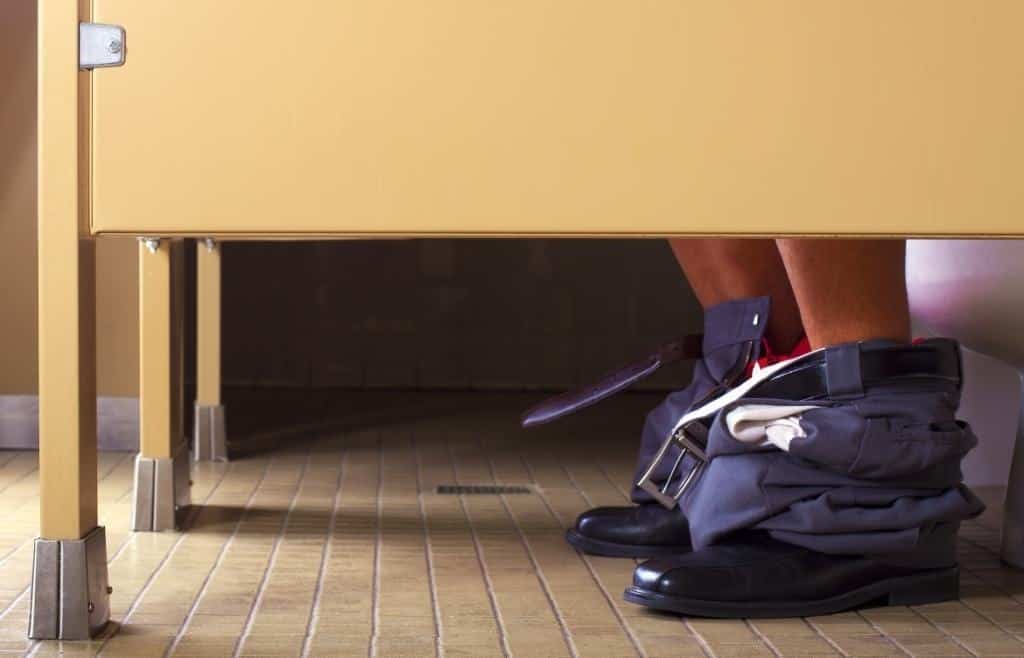Contents:
- Medical Video: How Bacteria Rule Over Your Body – The Microbiome
- Research on bacteria in children's intestines
- How is the child's fecal sample examined?
- So, is it true that tantrum can be caused by bacteria in the intestine?
Medical Video: How Bacteria Rule Over Your Body – The Microbiome
According to research, tantrum temper behavior in children can be influenced by bacteria in the intestine. So, is it true that bacteria in the intestine can be blamed for children's bad behavior?
Research on bacteria in children's intestines
A study showed a link between bacteria in the intestine found in fecal samples of two-year-old children with children's behavior and temperament.
The bacteria in the intestine are thought to not only affect children's health such as obesity, allergies, and intestinal diseases. Research has found that bacteria in the gut also affect mental health such as depression and anxiety.
Research published in the journal Brain, Behavior and Immunity found that boys or girls who had a greater diversity of bacteria in the intestine had higher values in impulsive behavior and high levels of activity.
The study was conducted by Ohio University, in the United States involving 75 children aged 18 to 27 months. Not only children were involved, the study also involved mothers who had to fill out questionnaires.
This questionnaire contains questions about behavior, temperament, diet, and children's food. Not only filling out the questionnaire, the mothers collected fecal samples from baby diapers to examine.
How is the child's fecal sample examined?
This study looked at the type of bacteria, how bacteria can be in each sample, how many types of bacteria exist in each sample, and how the comparison of bacteria in each sample.
The researchers looked at whether the type of bacteria and the number of bacteria in the intestine had an effect or were related to the bad temper experienced by the child. To see this, the researchers assessed the relationship between the samples of children's excrement and the results of the questionnaire. Then, look at this by using three main aspects of temperament.
- Negative affectivity which includes fear, frustration, sadness, and discomfort. These children easily feel depressed, they may often be anxious and cry.
- Surgency, which measures impulsive behavior of children, how active children are, how much fun they get from interesting situations. How they get along and how children are eager to get pleasure.
- Effortful control, which sees the child's ability to stop doing something when needed, move attention from one activity to another, and focus on a task.
So, is it true that tantrum can be caused by bacteria in the intestine?
Boys and girls have different results, boys tend to have aspects of surgery, while girls tend to have a third aspect, namely control effort (effortless control).
From this, the researchers also found that children who had a greater diversity of bacteria tended to have a high value on aspects of paradise, and tended to be owned by boys. Whereas girls are found to have lower types of bacterial diversity and tend to have aspects of control businesses (effortless control) in temperament.
This study found a link between bacteria in the intestine and the child's temperament. However, the researchers reminded that this study was still small scale, and only took samples of bacteria that live in the intestines that come out of the body. There are many other bacteria that live in the intestinal wall, which may also be important. However, it is difficult to take this bacterial sample.
The researchers say that there may be various explanations of the relationship between bacteria in the intestine and the child's temperament. For example, stress hormones can change intestinal acidity, which can affect bacteria in the developing intestine. Or more active children tend to be easily exposed to bacteria.












